I’m really not one to post long political Facebook statuses but something about the events of these past few months has made me feel the need to vocalize my thoughts.
As I checked my social media feeds this past Motzei Shabbat, two sides of the same story seemed to dominate. My news feed was filled with pictures and videos of the scene at Ben Gurion Airport. Thousands of people from all over the country had gathered there to say their goodbyes to Ezra Schwartz. Arm in arm, they sang ‘אחינו כל בית ישראל’ as they accompanied the body of their brother and friend to his flight home. Meanwhile in the U.S., hundreds of Jews from all across the country were boarding busses, traveling for hours in the middle of the night, to greet his body on the other side.
I can’t remember a time when one person’s death affected so many so strongly. Maybe it was the way people who knew him spoke about Ezra’s character. Maybe it was because he died doing exactly what so many of us were doing only a few years ago. For whatever reason, as I and those with me at the time checked Facebook that night, we were stunned with the sadness of what felt like a deep and personal loss. But with that sadness, I couldn’t help but feel a sense of immense pride and gratitude. I was grateful to belong to a nation who’s sense of communal responsibility knows no bounds. I was proud to be a part of a nation who celebrates, and mourns as one. I imagine that most people have felt that way at some point over the past few weeks. Tragedies, fortunately and unfortunately , have a way of unifying our spirit in a way little else can. But the question remains, what do tragedies like Ezra’s murder, and the thousands of other victims of terror mean for us, both as a people and as individuals?
Many have accused Israel of war crimes, hate crimes, and apartheid against Palestinians living in both the West Bank and Gaza. Some have even gone so far as to liken Gaza to Auschwitz. But those who have taken the time to study the realities of the situation know the truth. In a region where Palestinians have been kicked out by even their Arab brethren, Israel has been the only country not to do so. In a region that prides itself on denying religious and political freedom to minorities, Israel insists on freedom even for those who openly seek its destruction. We act with restraint towards those whom we know would not reciprocate if the situation were reversed. Given our history, we would expect nothing less of ourselves and of our government. We are a people that values freedom because we know what it means to be slaves. We are a people that values tolerance because we know what it means to be persecuted. We treat our enemies with a kindness not often expressed even to allies because we have not yet given up hope. We have hope that one day, true peace is possible.
But that hope must not be naive.
We must not kid ourselves into thinking that decades of conflict will end if we return enough land or release enough prisoners. The primary goal of Hamas, Hezbollah, ISIS and the current Iranian regime is not to peacefully coexist with the Jewish State. Their goal is to end the Jewish State, and the people that call it home. The culture in Gaza is one in which those who are imprisoned for raping Israeli women are welcomed home as heroes, and those who die murdering Jews are anointed as martyrs. Palestinian children are taught to have hatred so deeply engrained in them at such a young age. I do believe that peaceful coexistence is possible, and that the Palestinian people, like any other, deserve a land of their own. But I also believe that such a peace will only be possible when the Palestinian population undergoes a radical change in ideology. Peace will only be possible when they are truly willing to live side-by-side with the people they have aimed to annihilate for so long, and not one minute before. No other nation would be expected to tolerate such brutal and frequent attacks from within its own borders, and be asked to show restraint towards those that actively seek its destruction. Yet we act with restraint anyways, because we are called upon to be a beacon of kindness and morality unto the world. But the global community, and we ourselves, must not mistake that kindness for weakness.
The U.N. has singled out Israel in a way that would be almost comical if it weren’t so tragic. Universities and governments worldwide have opted to boycott Israeli goods as means of economic condemnation for what they believe to be human rights violations. Even the President of the United States himself had to be pressured by a nationwide petition before officially condemning the murder of an 18 year-old American citizen. The world not only turns a blind eye to the violence that the Israeli people face at the hand of their Palestinian neighbors, but has the audacity to accuse the Israeli government of countless crimes for its attempts to defend itself from such attacks. I often hear people asking how the world could be so blind. Being slighted by the nations of the world in our time of need is not a recent phenomenon in Jewish History. For us, it is a tale as old as time itself. It is an important motif in our history, and a vital part of what makes us who we are. We stand up against injustice and treat even our greatest enemies with mercy because we wish someone had done as much for us.
The world has urged us to give back land after land, freeze settlement after settlement in exchange for a promise of peace already so many times broken. They have urged us to act peacefully towards those who berate us with violence. We must not let ourselves be bullied into giving up on a dream 2000 years in the making. We must not let our leaders bend under the pressure.
I’ve heard many people ask how the world could be so blind, ask when the world will wake up. Maybe they will never wake up. So the question remains, what can we do in the meantime?
In the meantime, it is our duty and our responsibility, placed on our shoulders by the thousands of generations that have come before us, to not let anyone’s hatred of us allow us to hate each other. To not let anyone’s statements that our homeland is not ours cause us to believe it ourselves. We must show the world that in the face of tragedy and adversity, our love for our fellow Jew will only grow, more than we ever thought possible. And may that Ahavat Chinam allow us to merit the coming of the Mashiach and the ultimate redemption, במהרה בימינו.
Justine is a gradate of Hillel Hebrew academy and YULA and currently attends Stern college in NY







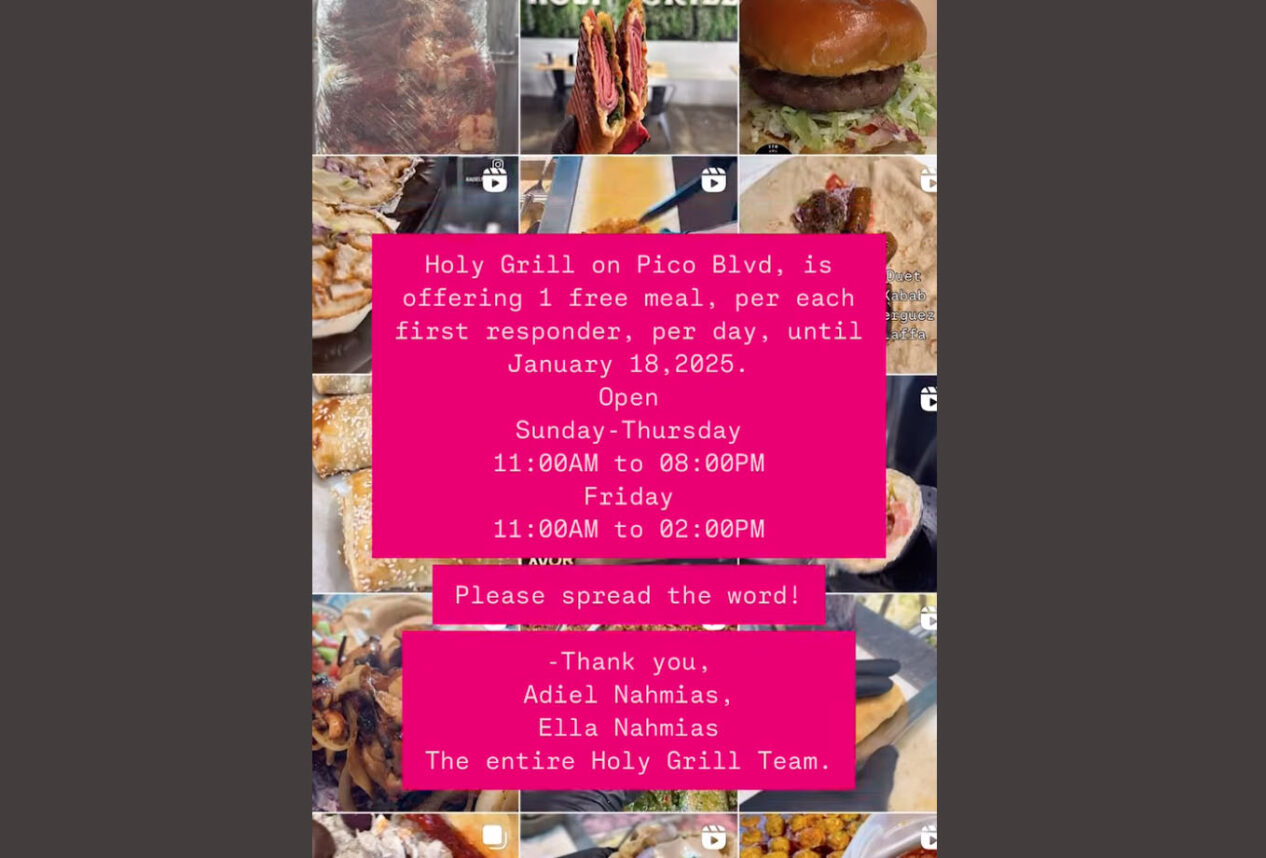
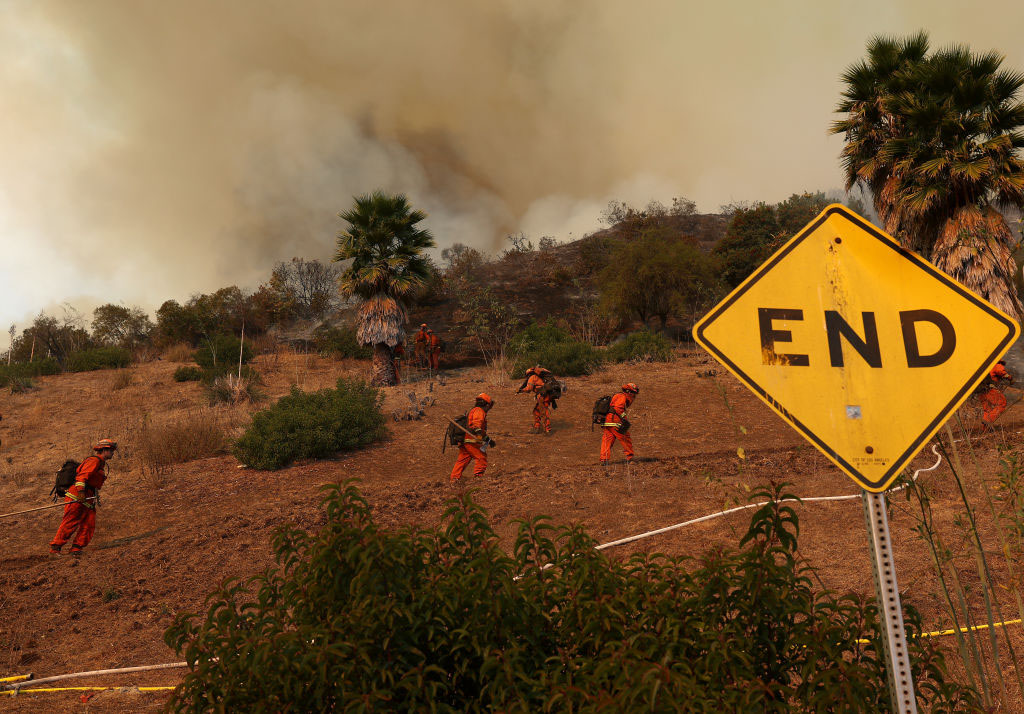
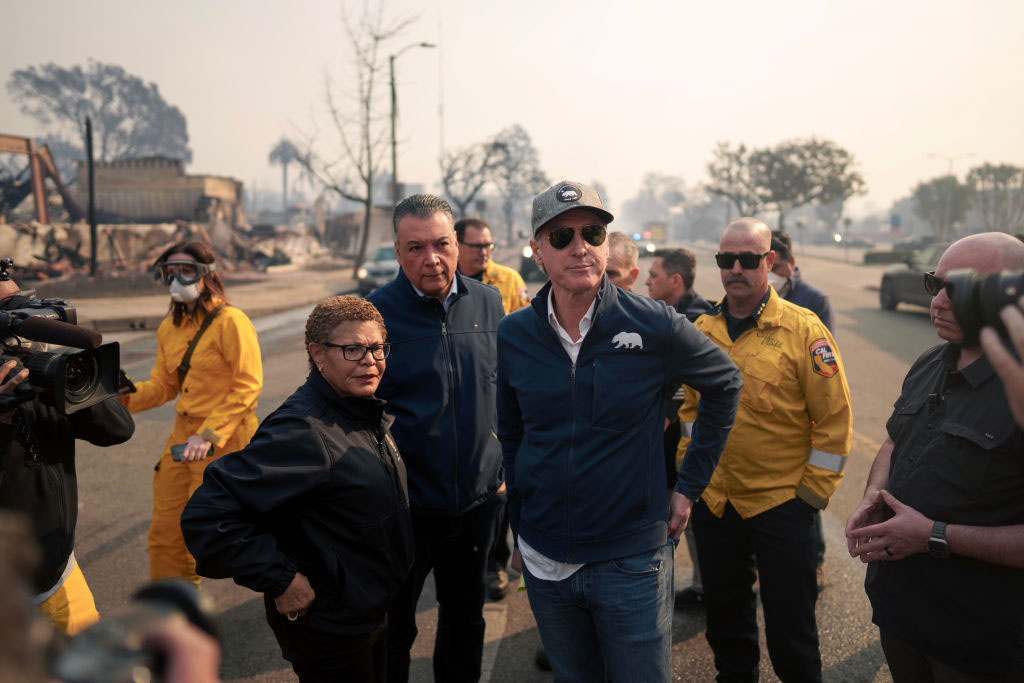
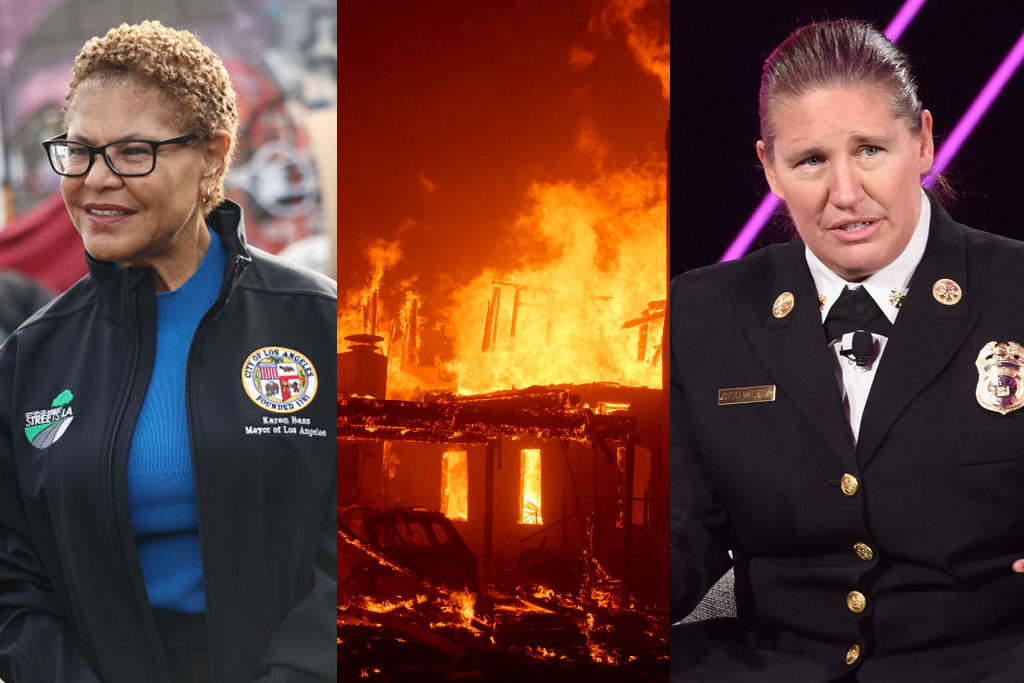
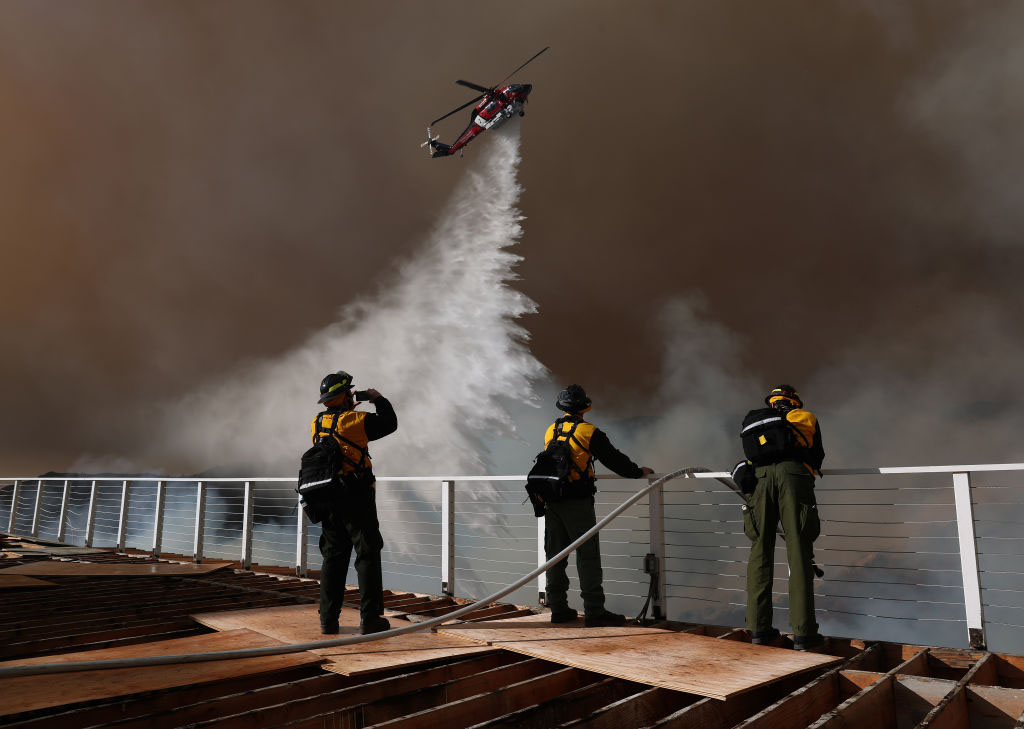
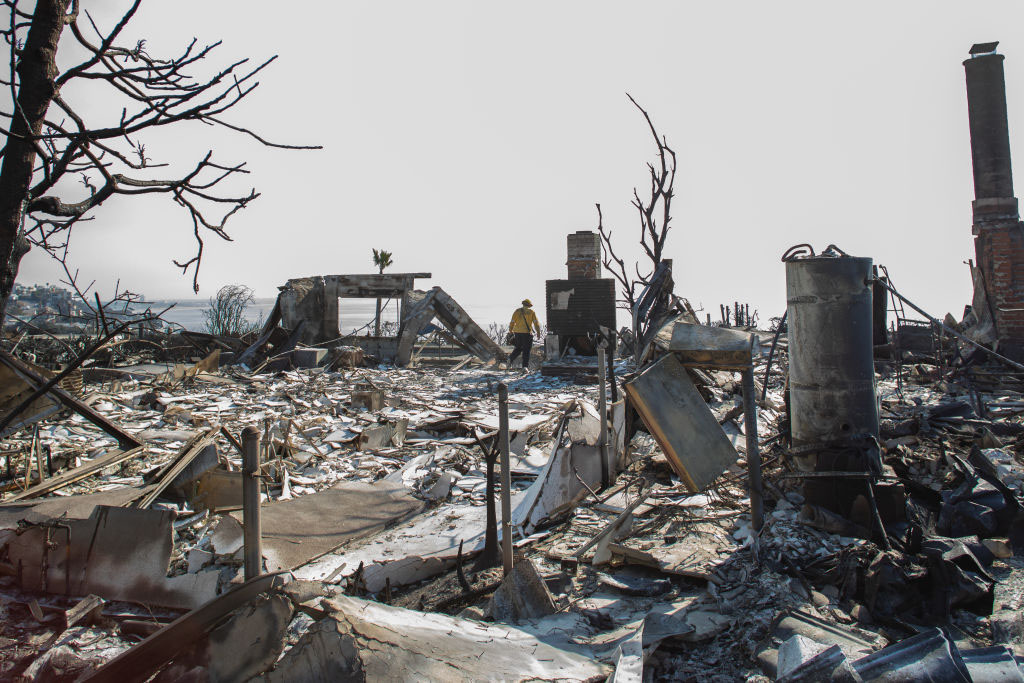
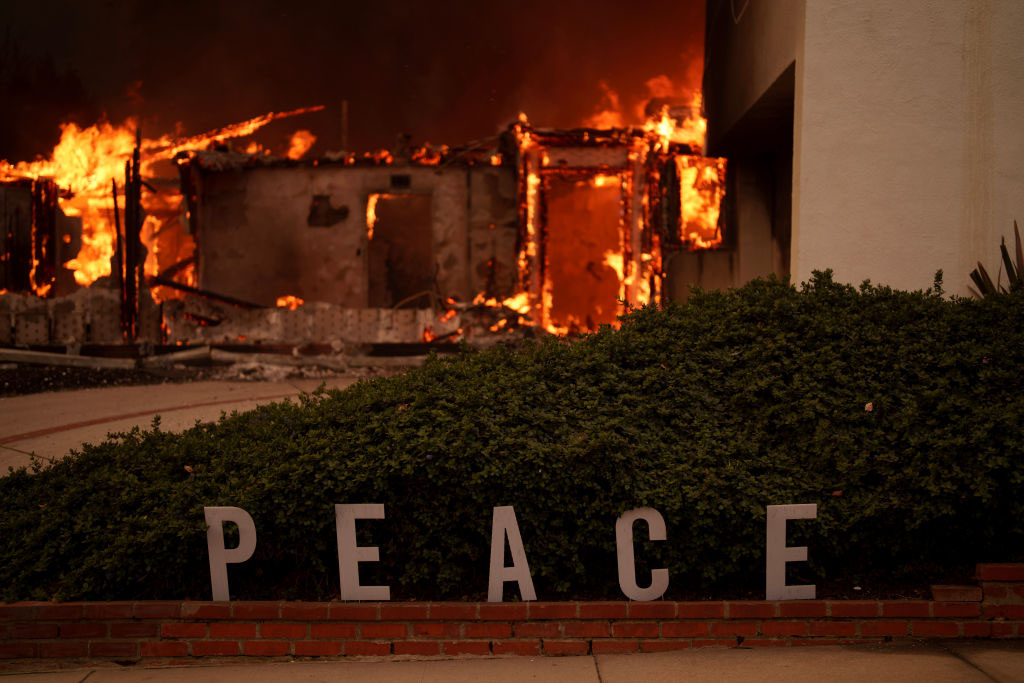
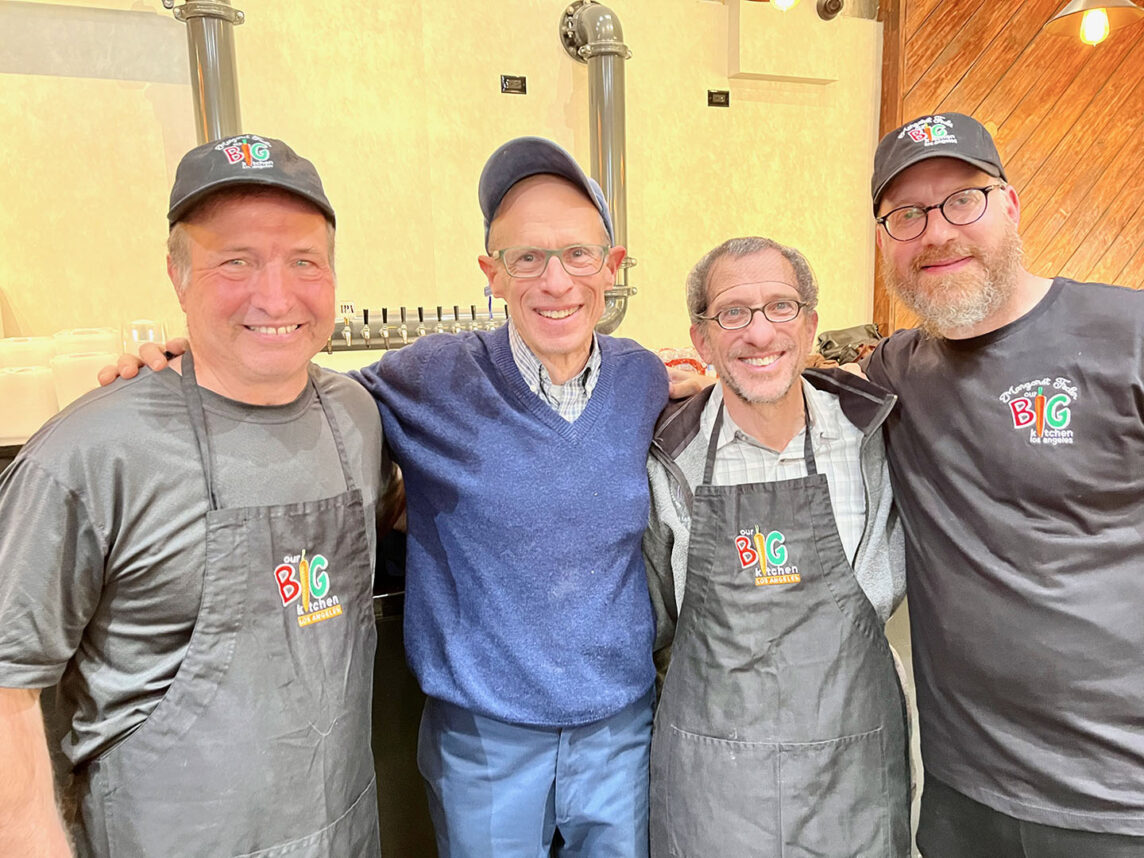
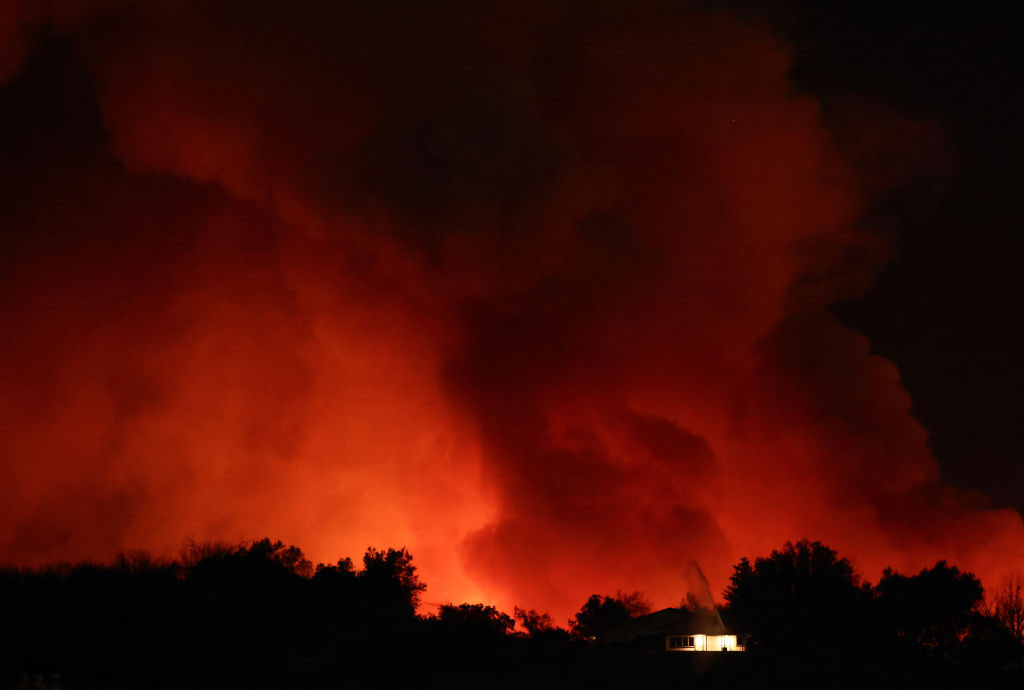
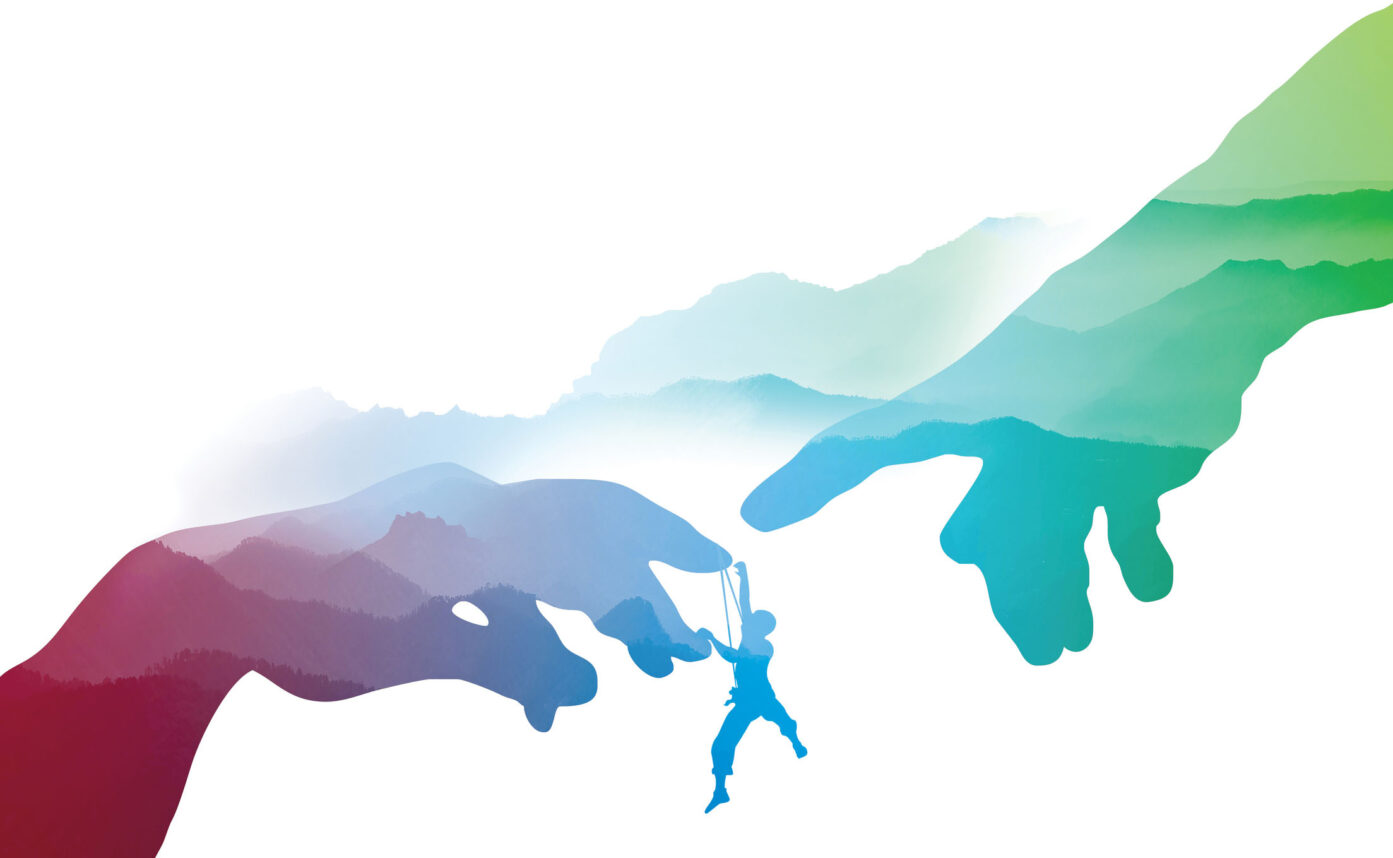



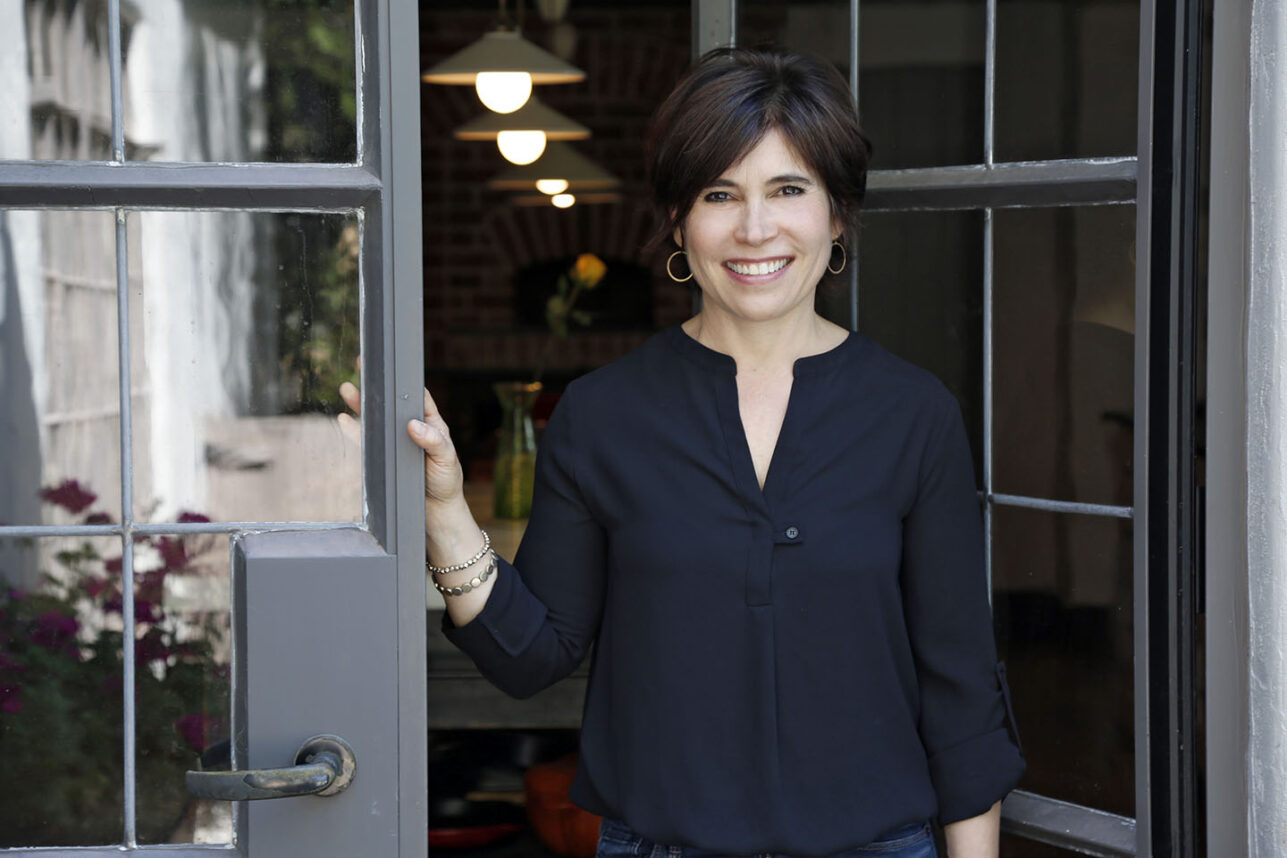


 More news and opinions than at a Shabbat dinner, right in your inbox.
More news and opinions than at a Shabbat dinner, right in your inbox.